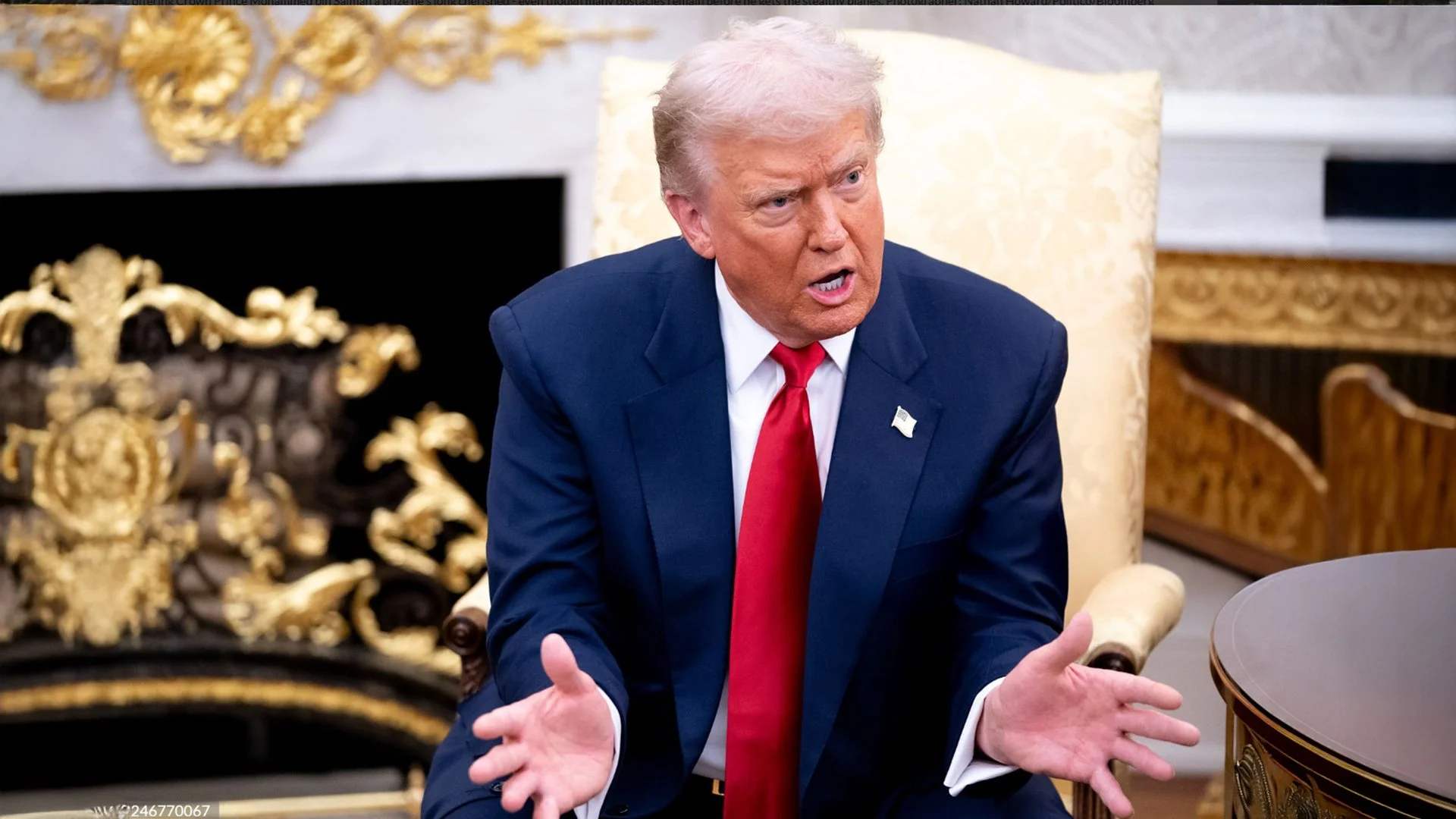Trump’s Trade Comments Shake Global Markets: What Forex Traders Should Watch Next
A Flurry of Headlines — and Market Reactions
Former U.S. President Donald Trump’s latest statements have once again stirred conversations across global markets. Speaking aboard Air Force One, Trump touched on several key trade and geopolitical topics — from Canada and China to Venezuela — signaling that his familiar “America First” rhetoric may be returning to the spotlight.
The remarks included:
“Will not start renegotiations with Canada.”
“No strikes on Venezuela.”
“Would love to get rid of extra 10% on China.”
“Deal with China is going to be long lasting.”
“Carney apologized for tariff commercial.”
Each of these short yet impactful statements sent ripples through the Forex and global commodities markets, as traders assessed how Trump’s tone might influence U.S. trade policy, global supply chains, and overall investor sentiment

Why These Statements Matter to Forex Traders
In the world of Forex trading, political statements — especially from figures like Trump — can quickly influence market direction. Even without immediate policy changes, words that affect trade expectations and risk sentiment can drive major currency pairs like USD/CAD, USD/CNY, and EUR/USD.
Here’s what traders should note:
“No renegotiations with Canada” — This implies a stable near-term outlook for U.S.-Canada trade. For the USD/CAD pair, that reduces uncertainty but could limit near-term volatility unless backed by new trade data.
“No strikes on Venezuela” — This calms oil market fears, as Venezuela remains a key (albeit unstable) oil producer. Lower geopolitical tension tends to stabilize oil prices and, by extension, the Canadian Dollar (CAD), which is often correlated with crude oil.
“Would love to get rid of the extra 10% on China” — A potential tariff rollback would be a positive signal for the yuan (CNY) and other trade-linked currencies such as the Australian Dollar (AUD). The USD/CNH pair could weaken as traders anticipate better trade flows and improved business sentiment.
“Deal with China is going to be long-lasting” — Markets crave stability. This statement, if credible, could boost risk appetite, favoring emerging market currencies and reducing demand for “safe havens” like the Japanese Yen (JPY) and Swiss Franc (CHF).
“Carney apologized for tariff commercial” — While this is more of a political aside, it reflects attempts to smooth relations with U.S. allies and possibly tone down trade tensions — another market-friendly sign.
The Forex View: Balancing Politics and Price Action
For Forex traders, especially those learning through GME Academy (Global Markets Eruditio), this scenario demonstrates how geopolitical language shapes currency momentum even before any official policy shift occurs.
Think of it like this:
When a major leader makes comments about tariffs or trade, markets instantly adjust expectations — not based on what is, but on what might be coming.
For example:
A signal of tariff cuts usually boosts currencies from export-driven economies (like China or Australia).
Stable trade relations between the U.S. and Canada can support the Loonie (CAD) by reinforcing cross-border commerce confidence.
Avoiding military actions (like on Venezuela) reduces global risk, encouraging traders to move away from safe-haven assets like gold or USD/JPY, and toward higher-yielding options.
In other words, Forex markets trade on expectations, and political statements are among the biggest expectation-setters.
Possible Currency Pair Reactions
Here’s a simplified breakdown of potential effects across major pairs:
USD/CAD → Could stabilize as U.S.-Canada trade remains steady.
USD/CNH → May weaken if markets price in reduced U.S. tariffs on China.
AUD/USD → Could strengthen, given Australia’s export ties to China.
USD/JPY → Might soften if global risk appetite improves.
EUR/USD → Could see modest gains on overall global optimism.
For short-term traders, these are moments to watch volatility closely, especially as news and clarifications continue to emerge.
Reading Between the Lines
Trump’s mention that the deal with China will be “long-lasting” stands out as a confidence booster — not just for trade partners, but also for investors who value predictability.
However, markets have learned to treat such statements with caution. Past experience shows that political messaging can shift rapidly, and traders must rely on data confirmations (like trade balances, tariff rollbacks, or official agreements) before making large directional bets.
For Forex beginners, this event serves as a reminder to combine fundamental understanding with risk management. The words may move markets — but the follow-through determines the trend.
Key Takeaway for Forex Traders
The takeaway is simple:
Politics and policy are intertwined, and in Forex, both can move prices faster than any chart pattern.
Trump’s latest remarks show that geopolitical risk remains a core driver of currency volatility. Whether you trade USD/CAD, USD/CNH, or AUD/USD, keeping an eye on political signals is essential for anticipating shifts in sentiment.
Final Thoughts
While Trump’s comments do not represent immediate policy, they remind traders of how quickly markets react to perception. For those trading the U.S. Dollar or commodity-linked currencies, it’s important to stay informed — not just on economic data, but on the tone and timing of major political statements.
If you’re looking to understand how news like this translates into market action, don’t trade blind — trade informed.
Join GME Academy’s FREE Forex Workshop
Learn how to analyze political headlines, interpret economic data, and anticipate market reactions like a pro. Turn breaking news into profitable opportunities — one trade at a time.

